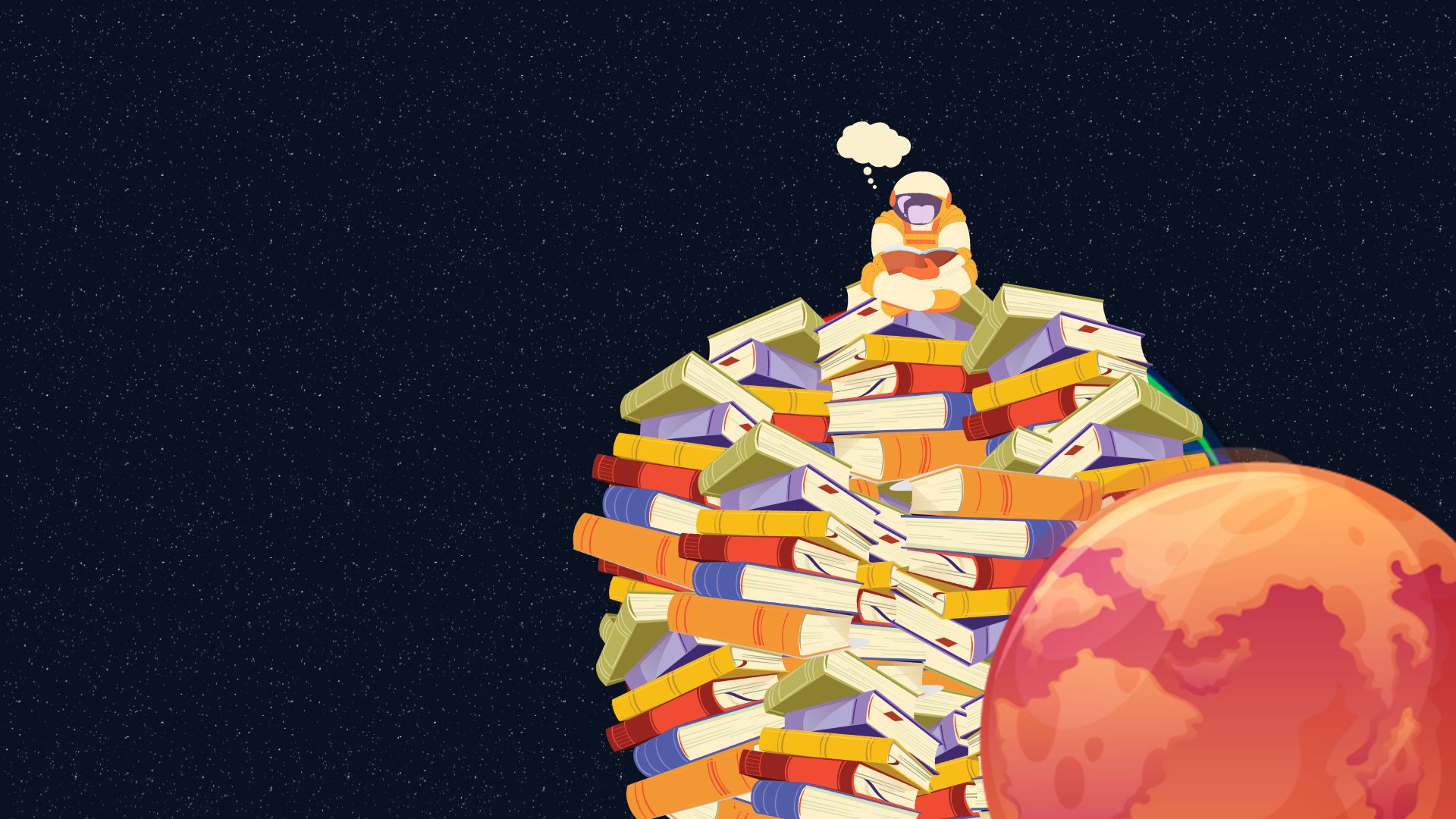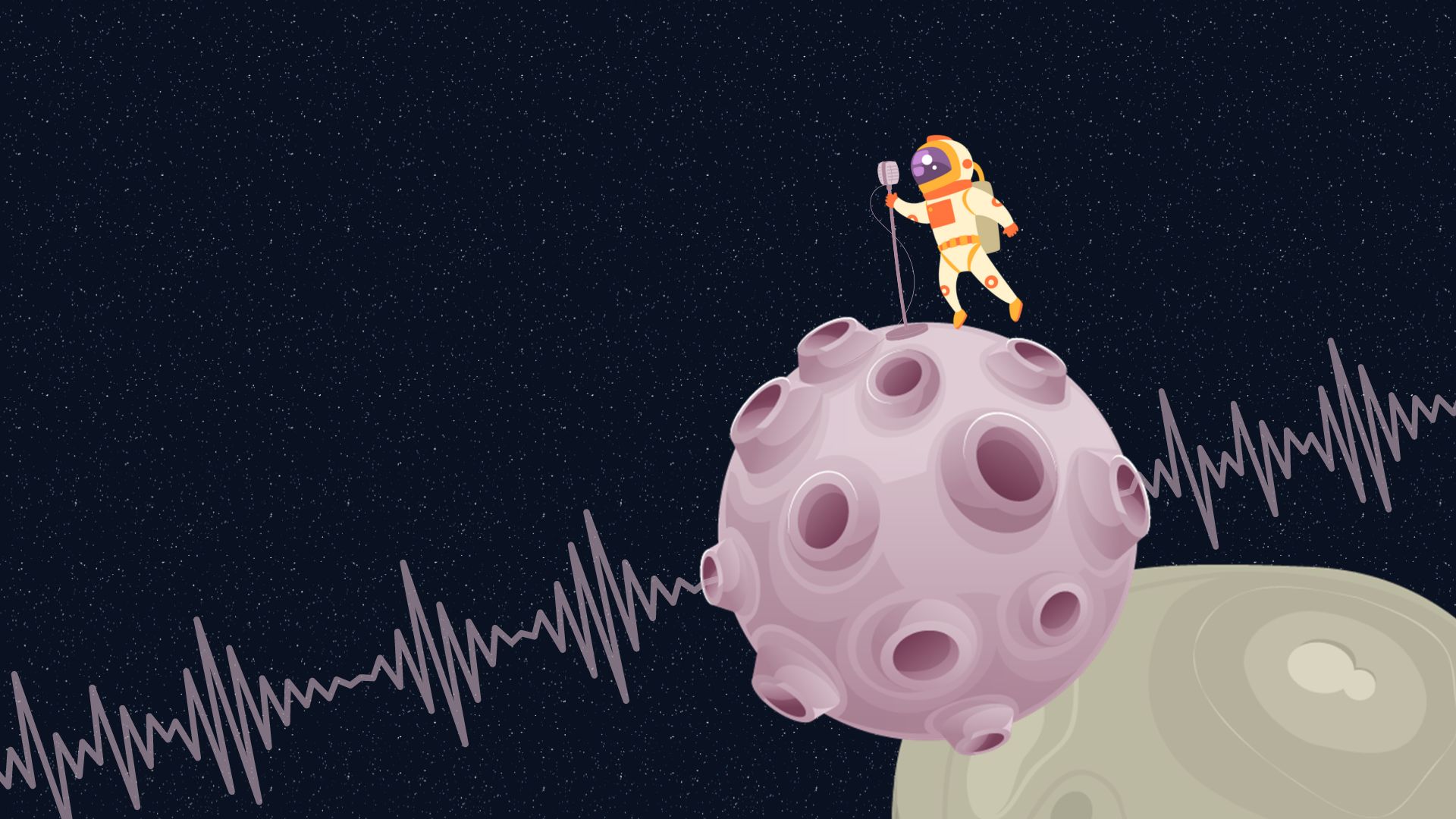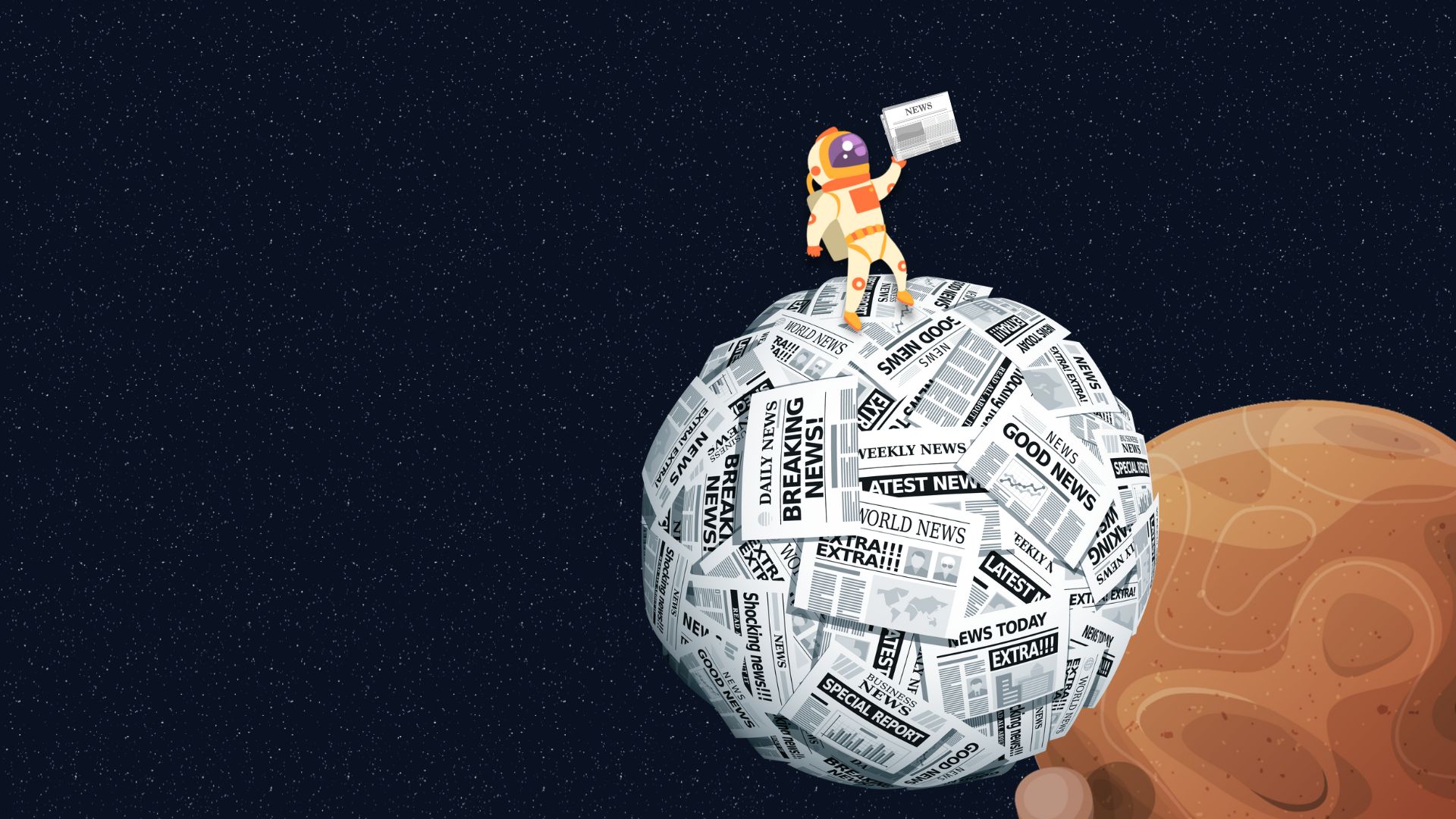The world of poetry is a vast and colourful landscape, teeming with countless influences and inspirations. One such captivating source of poetic creativity is the enchanting realm of myth and folklore. British poets have long been inspired by these fascinating tales, drawing upon their rich history and cultural heritage to weave together their own compelling narratives. In this blog post, we’ll explore the deep connection between myth and folklore in poetry, examining their timeless appeal and lasting influence.
A Legacy of Traditional Storytelling
The British Isles have long been steeped in the tradition of storytelling, with the vibrant tapestry of myth and folklore passed down through generations. From ancient Celtic myths like the legend of King Arthur to the mystical creatures that populate British folklore, these stories have become deeply ingrained in our cultural identity. As a result, they have served as a rich source of inspiration for poets and writers alike, allowing them to tap into the collective imagination and craft new and captivating narratives.
The Influence of Myth and Folklore on British Poets
Throughout history, British poets have harnessed the power of myth and folklore in poetry to evoke powerful emotions, explore the human condition, and engage with timeless themes. Poets such as William Shakespeare, William Blake, and Samuel Taylor Coleridge have all drawn upon these tales to create enduring works of literary art.
Shakespeare’s “A Midsummer Night’s Dream” is a prime example of the influence of myth and folklore in poetry, as it weaves together elements of Greek mythology and British folktales. Similarly, Coleridge’s “The Rime of the Ancient Mariner” draws on maritime legends and the supernatural to create an unforgettable poetic narrative.
Contemporary poets have continued this tradition, with writers like Carol Ann Duffy, Seamus Heaney, and Jo Shapcott incorporating myth and folklore into their work. These poets have reimagined classic tales, transforming them into powerful contemporary explorations of identity, culture, and human experience.
Enduring Appeal and Timeless Themes
The power of myth and folklore in poetry lies in their ability to transcend time and place. These tales offer a glimpse into the past, providing insight into the values, beliefs, and experiences of our ancestors. They also engage with universal themes, such as love, loss, heroism, and the human struggle to make sense of the world.
As a result, these stories have a unique capacity to resonate with readers and audiences of all ages, ensuring their enduring appeal. The continued use of myth and folklore in poetry serves as a testament to the power of storytelling and the human desire to connect with our collective heritage.
Unlock the Enchanting World of Poetic Tales
To delve deeper into the world of myth and folklore in poetry, consider exploring these external resources:
- The Legend of King Arthur: https://www.britannica.com/topic/Arthur-legendary-king
- Shakespeare’s “A Midsummer Night’s Dream”: https://www.sparknotes.com/shakespeare/msnd/
- Coleridge’s “The Rime of the Ancient Mariner”: https://www.poetryfoundation.org/poems/43997/the-rime-of-the-ancient-mariner-text-of-1834
By immersing yourself in these enchanting tales and studying their use in poetry, you will gain a deeper appreciation for the rich history and cultural significance of these captivating narratives.
In conclusion, the use of myth and folklore in poetry has proven to be an enduring and powerful source of inspiration for British poets. The timeless themes, cultural resonance, and captivating narratives found within these tales have allowed poets to create works that both reflect and transcend their historical context. As we continue to explore the enchanting world of poetic tales, we can look forward to discovering new ways in which these myths and folktales will inspire and captivate future generations of poets and readers alike.
So, whether you’re a budding poet seeking inspiration or an avid reader hoping to broaden your literary horizons, diving into the world of myth and folklore in poetry is sure to be a rewarding and enchanting journey. Embrace the legacy of traditional storytelling and experience the magic of these timeless tales as they continue to shape and influence the ever-evolving landscape of poetry.
References:
- Carol Ann Duffy: https://www.poetryfoundation.org/poets/carol-ann-duffy
- Seamus Heaney: https://www.poetryfoundation.org/poets/seamus-heaney
- Jo Shapcott: https://www.poetryfoundation.org/poets/jo-shapcott



